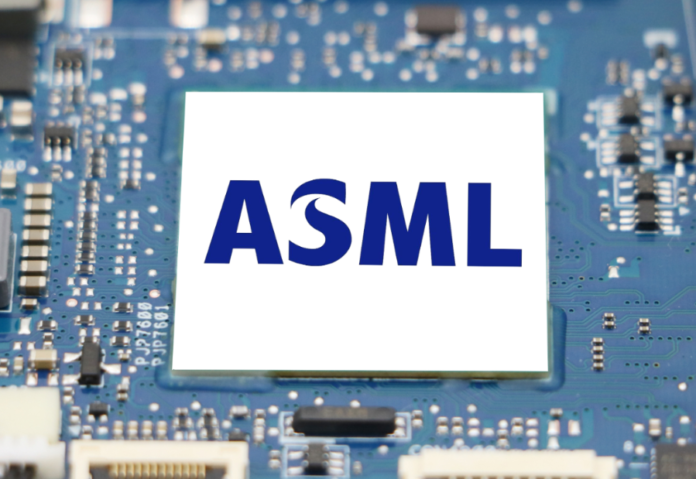The Dutch trade minister indicated that recent decisions to withhold business export licenses were driven by concerns that ASML’s computer chip technology would be used for Chinese military reasons.
In response to questions from parliament, the Dutch trade minister stated that recent decisions to refuse the business export licenses were motivated by concerns that ASML’s computer chip technology will be utilized for Chinese military purposes.
European tech giant ASML, which is headquartered in the Netherlands, is the global leader for lithography systems, which are used by computer chip manufacturers to aid in the creation of circuits.
“China focuses on foreign expertise, including Dutch expertise in the field of lithography, to promote self-sufficiency in its military-technical development.” Geoffrey van Leeuwen, the minister of trade, wrote
Advanced semiconductors that can be used in “high-value weapons systems and weapons of mass destruction” are made using ASML tools, according to Van Leeuwen, and the Dutch government considers “the risk of undesirable end use” when evaluating export license decisions.
The Dutch government implemented a licensing requirement for ASML’s mid-range DUV equipment last year in response to pressure from the US. The most sophisticated instruments made by the corporation aren’t marketed in China.
Lawmaker Femke Zeedijk of the reformist NSC party questioned why the government first gave ASML permission to export a number of tools to unidentified clients in China but then swiftly withdrew the license. In recent years, the business has sold Chinese customers tools worth hundreds of millions of euros.
Answering that “several licenses for the export to China of advanced semiconductor equipment have been granted” since the licensing requirement was implemented in September, Van Leeuwen sidestepped the subject. It stated that it expects a total of about 20 inquiries of this kind.
SEMI, an industry association, has predicted that this year, more than any previous year, about eighteen chip facilities will be operational in China. A large number of Chinese chip manufacturers are concentrating on producing chips from earlier generations and employing machinery exempt from export control laws.
There were some unanswered issues for Zeedijk, including if the permits had been canceled by the Netherlands at the request of the US government.
“I’m not saying that there are no security issues or that this decision was wrong, but I would like to be better informed,” Zeedijk stated.
There is a notion that there are economic factors at play in addition to the security danger.
Following a report, ASML announced on New Year’s Day that the license had been withdrawn by the Dutch government.
Although the resulting cancellations had no effect on ASML’s fourth-quarter results, the deep ultraviolet equipment in question was a crucial component of customer programs and cost about $60 million apiece.
Following an extraordinary 2023, ASML stated in January that it anticipates “solid” sales to China in 2024. The business stated that under the Dutch licensing environment, it does not anticipate shipping any of its NXT:2000i or more sophisticated tools to China and that it will not be permitted to export its NXT:1970 and NXT:1980i product lines to “a handful” of Chinese plants due to U.S. restrictions.
Do Follow: CIO News LinkedIn Account | CIO News Facebook | CIO News Youtube | CIO News Twitter
About us:
CIO News, a proprietary of Mercadeo, produces award-winning content and resources for IT leaders across any industry through print articles and recorded video interviews on topics in the technology sector such as Digital Transformation, Artificial Intelligence (AI), Machine Learning (ML), Cloud, Robotics, Cyber-security, Data, Analytics, SOC, SASE, among other technology topics.






